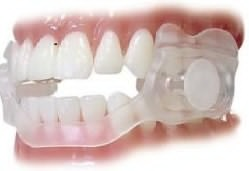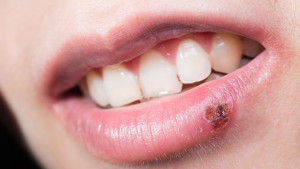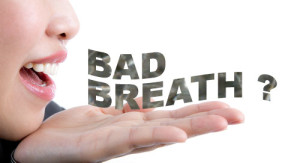Protecting your teeth is nearly impossible now. Of course, if you take a look at countless bad habits and practices, like smoking and eating junk foods, surely you can figure out why. Due to this, dentists keep on reminding the huge importance of good oral health. Besides sparing your teeth from dental problems, wholesome oral health also promotes a good general well-being.
Apparently, not all of us recognize this. Since we have countless dental treatments to rely on, we resort to neglecting our oral health. But did you know that preventive methods are much better compared to restorative dental treatments? Aside from keeping you from complex treatments, preventive dentistry saves your savings, too.
In terms of preventive dentistry, let’s start with dental care and the use of mouth guards.
Mouth guards began in 1890. This is designed to protect your teeth from damages. Therefore, this dental device prevents dental injuries. Most cases, mouth guards are used by athletes or those who are inclined with outdoor activities. This device can also be used in combating bruxism. This involuntary clenching of teeth can induce a number of dental problems, such as persistent headaches, sensitivity, wearing or tearing of teeth, chipped teeth and TMJ.
TMJ or Temporomandibular Joint Syndrome is a known condition that covers pain and dysfunction of muscles and jaw caused by unconscious clenching of teeth. This complex condition can go for weeks or months if left ignored. And can strongly affect your jaw joints and teeth.
Luckily, mouth guards are there to save you. This type of dental device can be acquired over-the-counter or can be custom-made. Regardless of types, this can effectively reduce risks of dental injuries and treat TMJ or teeth clenching. Nevertheless, personalized mouth guards offer the most comfy fit. As an addition, mouth guards require a trip to your dentist. The reasons are for dental molds, for proper check of the device’s fit and for necessary adjustments.
Mouth guards are truly efficient and useful in protecting your teeth. However, never treat this device as a replacement for dental care. Always remember to practice daily flossing or brushing while you wear your mouth guards.
Click this link now to learn more!


